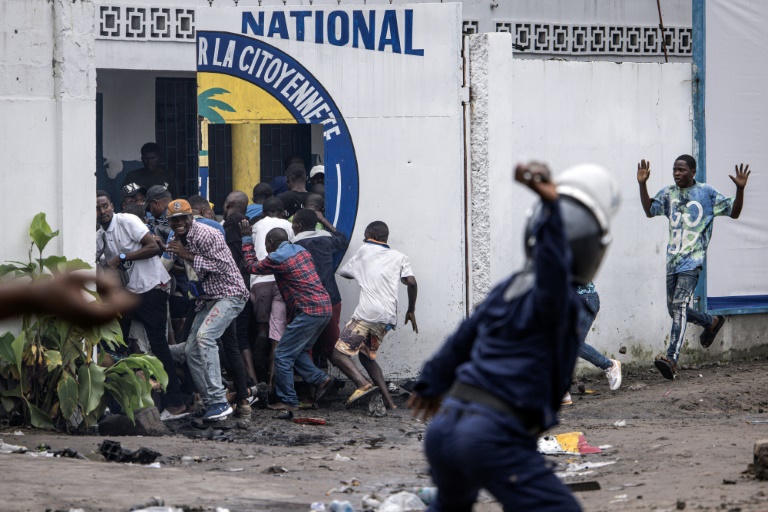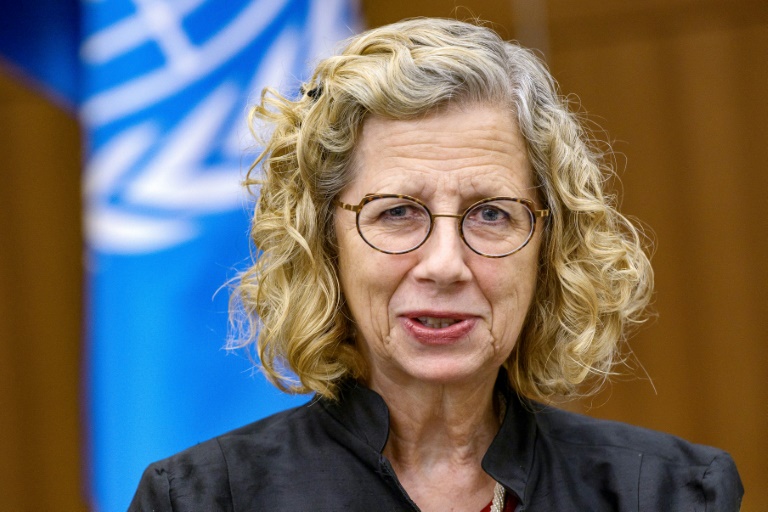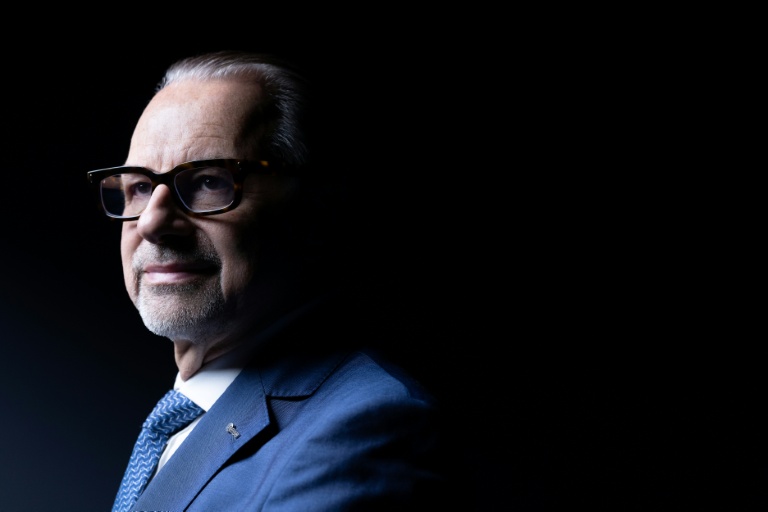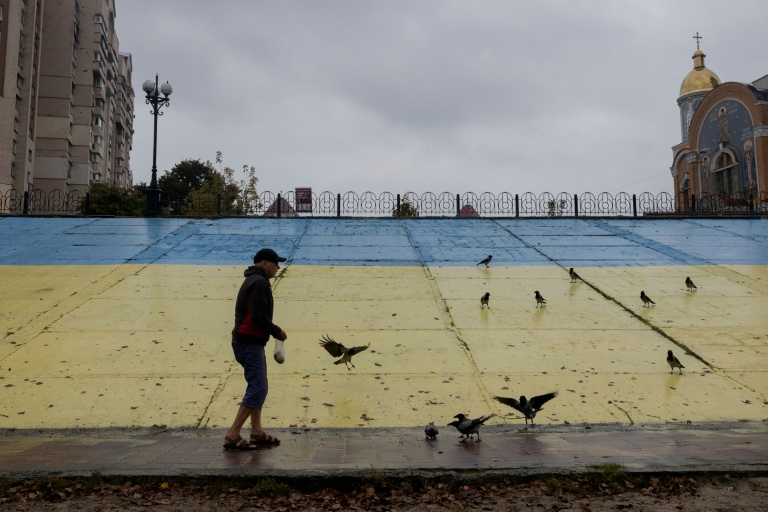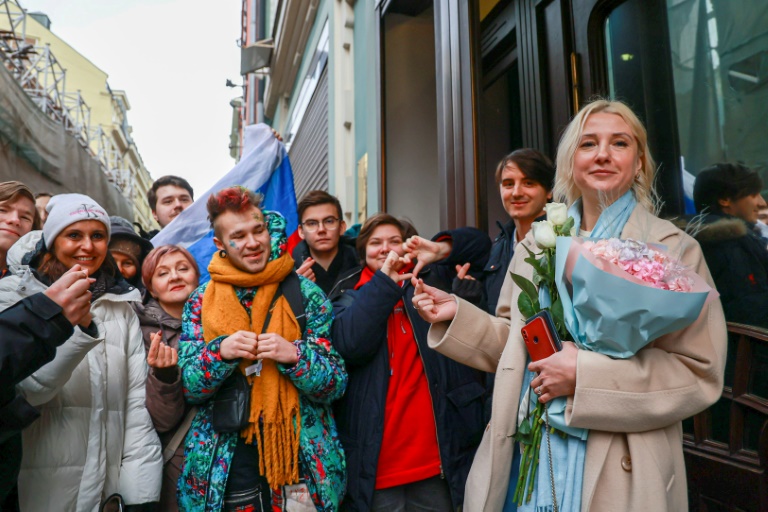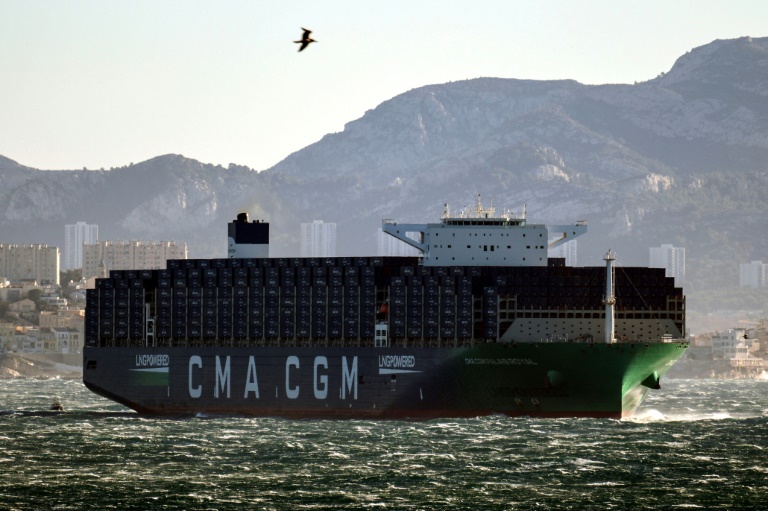Police in the Democratic Republic of Congo’s capital Kinshasa prevented protesters from assembling Wednesday, AFP reporters saw, after a demonstration against last week’s elections was banned.
Leading opposition politicians in impoverished but mineral-rich DRC called for the protest after rejecting last week’s vote, which was marred by severe delays and bureaucratic disarray.
Congolese interior minister Peter Kazadi said Tuesday that the protest would be banned because it “aims to harm the electoral process”.
But the opposition nevertheless urged supporters to gather near the national assembly and march to the headquarters of the country’s electoral commission.
Dozens of riot police were stationed in the area on Wednesday, according to AFP reporters, preventing protests from taking place.
Officers fired canisters of tear gas at supporters of opposition politician Martin Fayulu, who gathered at his party’s headquarters. The supporters hurled rocks at the police.
Nearby, young protesters also set tyres alight.
Fayulu later said that at least 11 people had been injured.
Kinshasa’s chief of police, General Blaise Kilimbalimba, said two officers had been injured.
He added that there had been minors among the protesters — and that the protest organisers would be summoned for questioning.
Some 44 million people were registered to vote on December 20 in elections to choose a president, national and regional lawmakers and municipal councillors.
But the electoral commission struggled to get voting materials to polling booths on time in the huge and fragile country — roughly the size of continental western Europe — leaving some people unable to cast ballots.
Voting was officially extended by a day and even lasted until Christmas Day in some remote areas.
The opposition claimed there was “total chaos” and denounced irregularities.
The archbishop of Kinshasa likewise described the election as a “gigantic organised mess”.
Election-related tensions are common in the DRC, which has a long history of authoritarian rule and violent government overthrow.
Government spokesman Patrick Muyaya said on social media that the opposition must await the publication of provisional results and address complaints about the electoral process to the Constitutional Court.
Partial results released by the electoral commission show incumbent President Felix Tshisekedi well ahead, with 79 percent of the some six million ballots counted so far.
The 60-year-old, who came to office in January 2019 after the country’s first peaceful transfer of power, is running for a second five-year term.
Moise Katumbi, a former governor of the south-east Katanga region, got about 14 percent of the votes counted so far.
He is followed Fayulu, a former oil executive who claims he was the rightful winner of the 2018 election, with four percent.
AFP
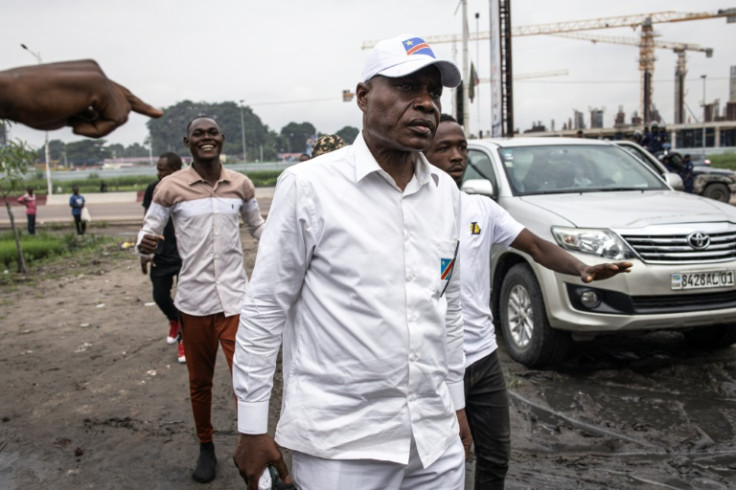
AFP

